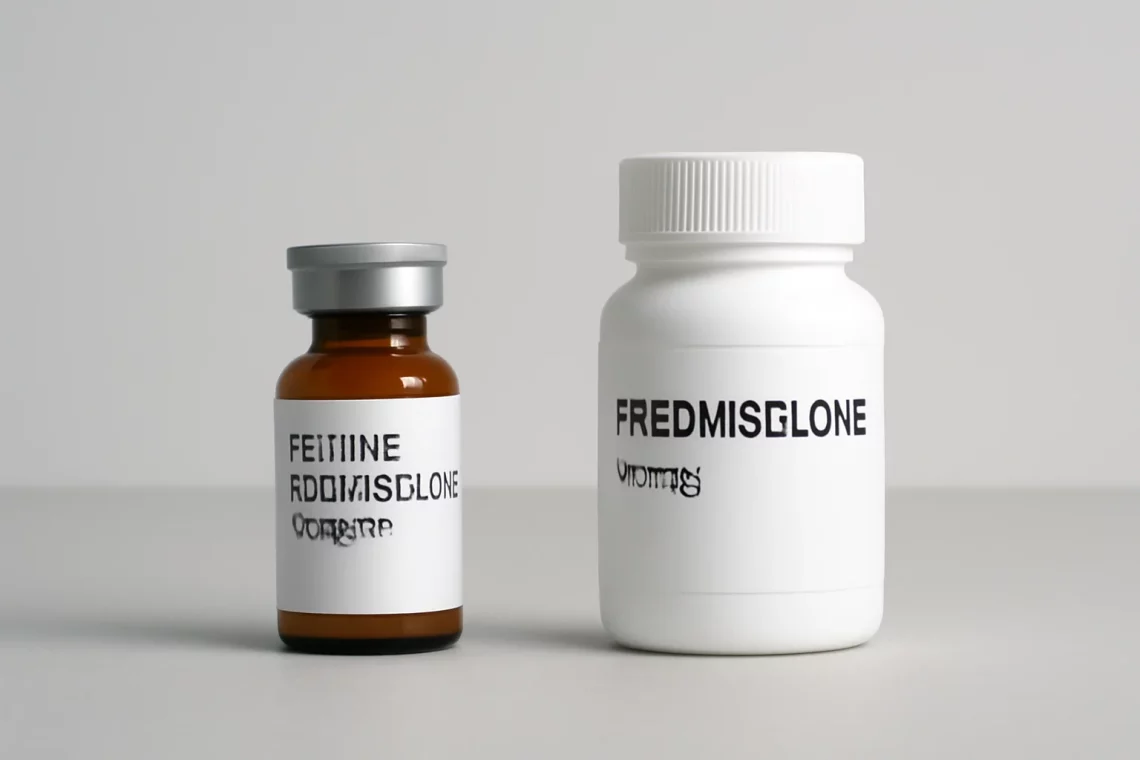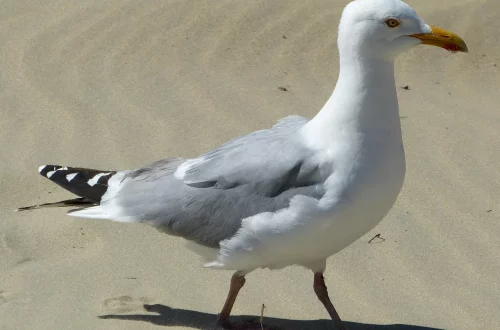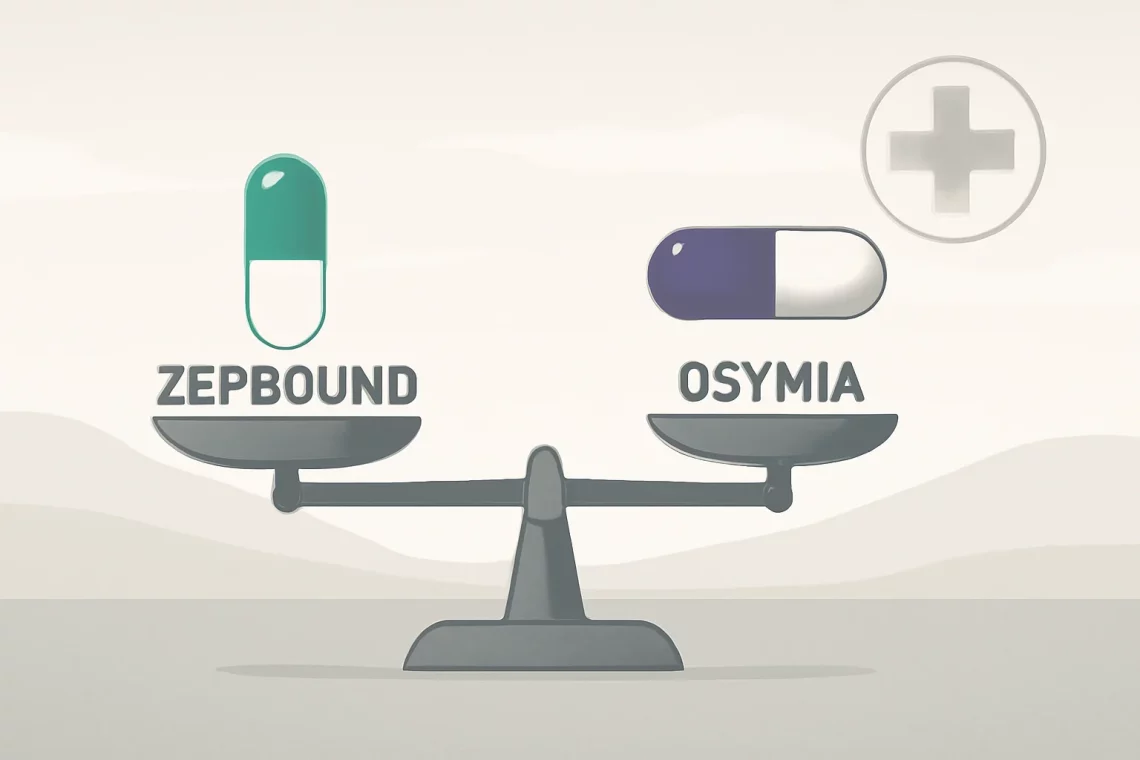-
Methylprednisolone vs Prednisolone: Key Differences and Uses
Methylprednisolone and prednisolone are two corticosteroid medications commonly used in the treatment of various inflammatory and autoimmune conditions. These drugs mimic the effects of hormones that are naturally produced in the adrenal glands, helping to reduce inflammation and suppress the immune response. While they share many similarities, understanding the differences between these two medications is crucial for both patients and healthcare providers. The choice of medication can significantly impact treatment outcomes, as each has unique properties that may suit different conditions or patient profiles. Factors such as the potency, duration of action, and side effects play vital roles in determining which medication is more appropriate in a given situation. As…
-
Adderall vs Dexedrine: Key Differences and Similarities Explained
Adderall and Dexedrine are two widely recognized medications primarily used to treat Attention Deficit Hyperactivity Disorder (ADHD) and narcolepsy. Both drugs belong to a class of medications known as stimulants, which work by increasing the levels of certain neurotransmitters in the brain, particularly dopamine and norepinephrine. This enhancement leads to improved focus, attention, and impulse control, making these medications effective for individuals struggling with these conditions. Despite their similar uses, Adderall and Dexedrine have distinct differences in their formulations, active ingredients, and how they affect individuals. Understanding these differences is crucial for patients, caregivers, and healthcare providers when considering treatment options. With the rise in ADHD diagnoses and the increasing…
-
Adderall vs Focalin: Choosing the Right ADHD Medication for You
Adderall and Focalin are two widely recognized medications primarily used in the treatment of Attention Deficit Hyperactivity Disorder (ADHD). Both medications are classified as central nervous system stimulants, and they function by affecting certain neurotransmitters in the brain, which play a crucial role in attention, focus, and impulse control. While they share a common purpose, the way they exert their effects, their chemical compositions, and their side effect profiles can differ significantly. In the realm of ADHD treatment, understanding the nuances between these two medications can be essential for patients and healthcare providers alike. Factors such as dosage forms, duration of action, and individual patient response can heavily influence the…
-
Zepbound vs Qsymia: A Comprehensive Comparison of Weight Loss Solutions
Obesity has become a significant public health challenge globally, affecting millions of individuals and leading to various health complications. As the prevalence of obesity rises, so does the demand for effective weight management solutions. Pharmaceutical companies have responded by developing several medications designed to assist with weight loss. Among these, Zepbound and Qsymia have gained attention for their unique formulations and mechanisms of action. Understanding how these medications work, their benefits, potential side effects, and how they compare to one another is crucial for anyone considering them as part of their weight management journey. In this landscape of weight-loss medications, it is essential to evaluate not only their effectiveness but…
-
Loratadine vs Hydroxyzine: Which Allergy Medication Is Right for You?
Loratadine and hydroxyzine are two widely used antihistamines that serve different purposes in the realm of allergy and anxiety treatment. As individuals seek relief from allergic reactions, hay fever, or anxiety, understanding the differences and similarities between these two medications becomes crucial for making informed decisions. Both drugs are effective in alleviating symptoms associated with allergies, but their mechanisms of action, side effects, and usage guidelines vary significantly. While loratadine is often preferred for its non-drowsy effects, hydroxyzine is known for its sedative properties and is frequently used in cases where anxiety relief is also needed. This article aims to explore the characteristics, uses, and potential side effects of each…
-
Vyvanse vs Concerta: Choosing the Right ADHD Medication for You
Vyvanse and Concerta are two of the most commonly prescribed medications for the treatment of Attention Deficit Hyperactivity Disorder (ADHD). Both medications play a crucial role in helping individuals manage their symptoms, enhancing focus, and improving overall quality of life. However, the choice between Vyvanse and Concerta can be daunting for patients and their families, as each medication has its unique properties, benefits, and potential side effects. In recent years, there has been increasing awareness about ADHD, leading to more diagnoses and subsequent treatment options. While the effectiveness of medication is often highlighted, it’s essential to consider the individual needs of each patient. Factors such as age, lifestyle, and medical…
-
Vyvanse or Concerta Which ADHD Medication is Right for You?
Vyvanse and Concerta are both popular medications used in the treatment of Attention Deficit Hyperactivity Disorder (ADHD). As awareness of ADHD has grown, so has the discussion surrounding the most effective treatments. Each medication has its unique properties, benefits, and potential side effects, which can significantly influence a patient’s quality of life. The choice between Vyvanse and Concerta is often influenced by individual needs, lifestyle, and medical history. Understanding the differences between these medications can help individuals make informed decisions about their treatment options. As ADHD continues to be a prevalent diagnosis among children and adults alike, the conversation around the most effective ways to manage its symptoms is more…
-
Amoxicillin vs Clindamycin: Comparing Antibiotics for Effective Treatment
In recent years, the importance of understanding antibiotics has grown significantly among the general public. With the rise of antibiotic resistance and the increasing prevalence of bacterial infections, it is essential to be informed about the various treatment options available. Among these options, Amoxicillin and Clindamycin are two commonly prescribed antibiotics that serve different purposes and have distinct mechanisms of action. Both drugs are used to combat bacterial infections, but they vary in their effectiveness against specific types of bacteria and conditions. This knowledge is crucial not only for healthcare professionals but also for patients who want to make informed decisions about their treatment. The conversation around antibiotics often delves…
-
Entyvio vs Skyrizi: A Comprehensive Comparison for Patients
In the realm of modern medicine, the treatment landscape for chronic autoimmune conditions has evolved significantly over the past few years. With advancements in biopharmaceuticals, patients now have more options than ever before. Among these, Entyvio and Skyrizi have emerged as popular choices for managing conditions such as ulcerative colitis and Crohn’s disease, as well as psoriasis and psoriatic arthritis. Both medications are designed to target specific pathways in the immune system, aiming to reduce inflammation and improve the quality of life for patients. As these treatments gain traction, patients and healthcare providers must navigate their unique attributes, benefits, and potential side effects. Understanding the nuances of each medication is…
-
Prednisone vs Hydrocortisone: Key Differences and Uses Explained
Prednisone and hydrocortisone are two corticosteroids that are commonly used in the medical field for their anti-inflammatory and immunosuppressive properties. These medications have been pivotal in treating a variety of conditions, including autoimmune diseases, allergies, and certain cancers. Despite their similarities, there are significant differences between the two that can influence a healthcare provider’s choice in prescribing one over the other. Corticosteroids, like prednisone and hydrocortisone, are synthetic drugs that mimic the effects of hormones produced by the adrenal glands. They play a crucial role in managing the body’s response to stress and inflammation. Understanding the nuances of these medications is essential for both healthcare professionals and patients alike, as…
